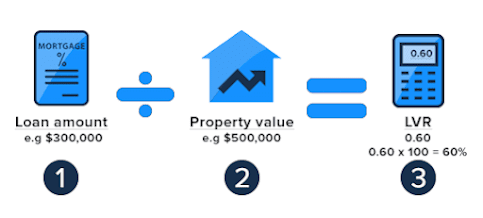Are You Really Ready to Secure Approval for Your Home Loan?

As the housing market continues to evolve, one question looms large for prospective homeowners: Are you ready to secure approval for your home loan? Here are some key considerations to ensure you're prepared for this significant financial step. 1. Financial Readiness: Take a deep dive into your financial situation. Have you saved enough for a down payment? Do you have a stable income to support monthly mortgage payments? Understanding your financial readiness is crucial before approaching lenders. In todays market and regulation lenders will take a microscope to your finances and transactions. 2. Credit Health: Your credit score plays a pivotal role in loan approval and the interest rate you receive. Review your credit report for any errors and work on improving your score if needed. Lenders often look for a score of 620 or higher for conventional loans. We are able to obtain these reports for our clients as their mortgage broker. 3. Debt-to-Income Ratio: Lenders assess your de


